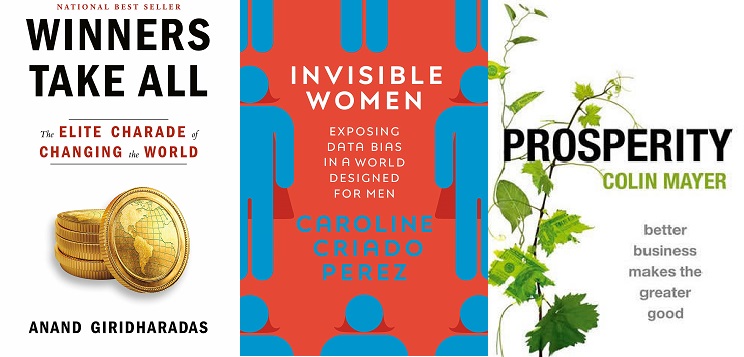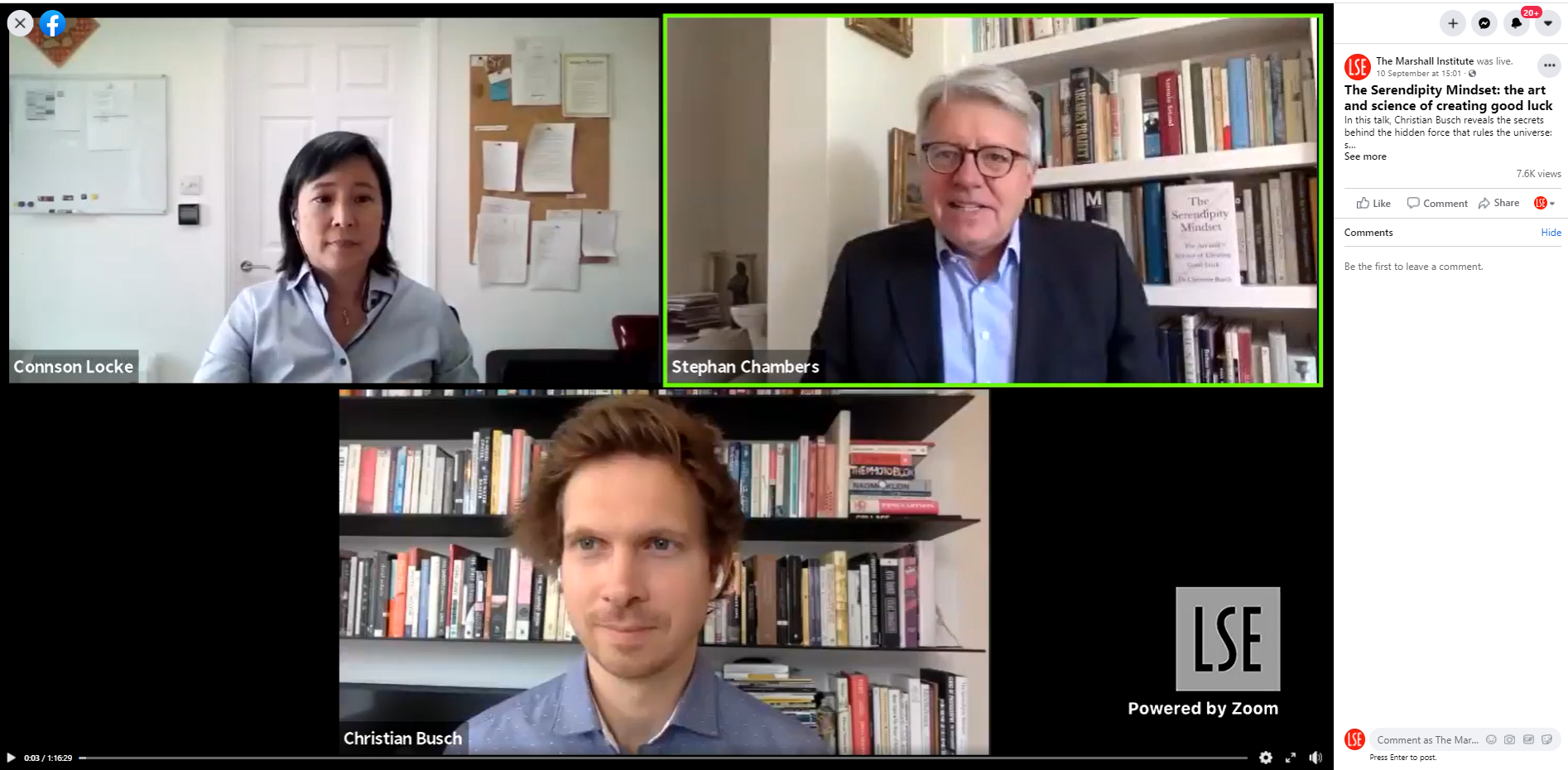 Since March, The Marshall Institute has been operating wholly online, delivering teaching and events remotely. Institute Director Stephan Chambers reflects on some of the challenges and unexpected benefit brought about by the change.
Since March, The Marshall Institute has been operating wholly online, delivering teaching and events remotely. Institute Director Stephan Chambers reflects on some of the challenges and unexpected benefit brought about by the change.
“What thoughtful rich people call the problem of poverty, thoughtful poor people, with equal justice call the problem of riches” (RH Tawney’s famous line) could serve as a decent review of Paul Vallely’s new book Philanthropy: From Aristotle to Zuckerberg which we’re looking forward to discussing with our students in November. It’s a long book (750 pages) and I’m nervous about recommending it to students who have a huge reading list. But … this year’s class seems to be relishing reading more than ever and I’m wondering if this is a rare but welcome positive Covid-19 effect.
We have significantly more students this year, despite the pandemic and its uncertainties. This suggests our course resonates and people are seeking new ways to navigate current uncertainties. We have worked furiously over the last six months to turn a campus-based experience into a rewarding, distanced, virtual one. We think, and our students confirm, that we’ve managed it. While we worked to move things online we discovered a few things along the way:
- Consulting students early and often about how they want to learn is critical.
- Learning together online doesn’t require any diminution in level or rigour – if anything it allows more precision and clarity because I think we make more of an effort to be precise online.
- Our students have engaged more fully with the readings this year than ever before. I’m unsure why and would love to hear others’ view.
- Breakout discussions used to be the garnish on the sandwich. Now they’re the filling. And the bread.
- We know that we don’t yet know how to recreate the sublime serendipity of campus learning.
We’ve also been looking back over the last six months and have been amazed by how many people from all over the world have engaged with the Institute, either by giving talks or by mentoring students and sitting on panels. Since mid-March almost 50 people have joined us at LSE from all over the world and every time zone to give talks and support our students. Our public lectures have reached over 1500 people online (many more than normally on campus), and we’ve found connecting by Zoom surprisingly fruitful. None of which is to say that we haven’t missed what happens when you add weather, coffee, proximity, and serendipity to a classroom course.
Finally, I’ve been compiling a list of the small things I’ve noticed:
- I’ve read more and written less.
- When everyone’s at home and no one has to fly it’s easier to schedule meetings.
- I’ve spent more time in office hours than I did when I had an office.
- I’ve missed my colleagues.
- I’ve missed accidental conversations with students over lunch and coffee.
- I’m much more sensitive to time zones than I used to be.
- The appearance of children, dogs and cats lightens a zoom room.





